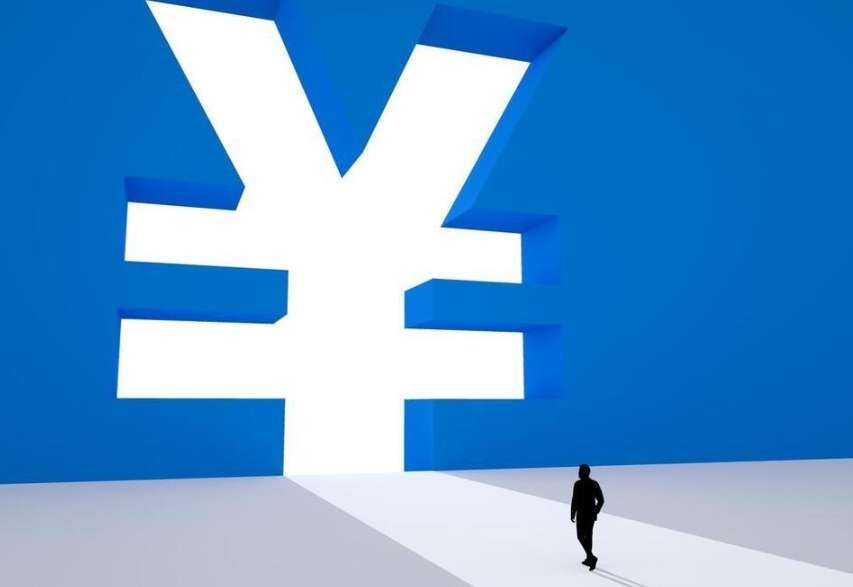German Industry Opposes EU Electric Car Tariffs
Advertisements
As tensions rise between the European Union (EU) and China, recent developments have drawn the eyes of industry experts, policymakers, and consumers alike. The EU's move to vote in favor of an anti-subsidy investigation into Chinese electric vehicles (EVs) marks a significant moment in international trade dynamics. Specifically, the European Commission's proposal to impose a final anti-subsidy tariff on EVs produced in China is expected to take effect next month, continuing for a duration of five years. This move, seen by many as a protective measure, has drawn harsh criticism for straying from principles of fair competition and for complicating existing international trade practices.
Interestingly, the investigation was initiated without a formal complaint from European industry, which raises several questions about the motivations behind this move. There appears to be a lack of broad support within the EU itself, with notable divisions among member states regarding their approach to trade with China. These complexities highlight the challenges within the EU as it navigates economic relationships with one of the largest markets in the world.
Germany, a key player in the European automotive sector, has voiced strong opposition to the decision. Industry leaders argue that this move could diminish the overall competitiveness of European car manufacturers, directly impacting jobs and innovation. Hildegard Müller, president of the German Automotive Industry Association, emphasized the dangers of the vote, stating it could significantly harm global cooperation. She warned that the negative repercussions of the tariffs far outweigh any perceived benefits, echoing a sentiment that resonates widely among industry professionals. Müller advocates for continued dialogue between the EU and China as a preferable alternative to trade conflicts and punitive measures that could hinder efforts toward achieving a balanced resolution.

This sentiment was echoed by Tanya Gona, the general manager of the Federation of German Industries, who urged that punitive tariffs on Chinese EVs should not signal the end of negotiations. Instead, there is a pressing need for the EU to consider the broader implications for the European industrial landscape. Maintaining a balance between protecting local markets and embracing competition is critical as the EU seeks to adjust its trading strategies in light of evolving global circumstances.
The discontent among German economic circles is palpable, with organizations like the German Association of Car Dealers and Auto Repairers expressing regret over the voting outcome. They argue that the punitive tariffs will do little to address issues of global trade fairness and could ultimately burden consumers with the costs of political decisions. Labor unions within the automotive sector share the concern, positing that escalating tariffs will not improve Europe's competitive edge but instead exacerbate tensions, calling for a negotiation-based approach to foster an equitable competition environment.
Meanwhile, China's response to the escalating trade tensions maintains a focus on the broader strategic partnership with Europe. Chinese authorities have emphasized their commitment to manage differences through dialogue and negotiations. The stark reality is that European industries do not wish to face the repercussions of intensified trade friction, highlighting a critical juncture in international relations. Major German automakers like Volkswagen, BMW, and Mercedes-Benz swiftly expressed their disapproval following the vote, describing the imposition of tariffs on Chinese EVs as a “wrong move” and a dangerous signal for the future of the European automotive industry.
Oliver Blume, CEO of Volkswagen Group, underscored the risks associated with the tariffs, particularly noting the importance of the Chinese market for German exports. The reliance on Chinese consumers for German automotive jobs intricately ties the fates of the two economies, leading to a chorus of calls for finding mutual grounds through fair regulatory measures. Blume suggested that rather than fostering retaliation through punitive measures, parties should aim to collaborate for a resolution that considers the interests of both sides.
Similarly, BMW's chairman, Oliver Zipse, voiced his concerns, labeling the situation as currently detrimental to the European automotive industry. He insisted that urgent solutions are needed to avoid a trade conflict that would leave no winners. He commended the German government's vote against the proposed tariffs, emphasizing its role in facilitating potential negotiations between the EU and China.
Mercedes-Benz also joined the discussion, asserting that anti-subsidy tariffs would diminish the overall competitiveness of the European automotive sector. Leaders within the company advocate for free trade and fair competition, highlighting that these principles yield prosperity and innovation for all involved parties.
The vice-premier of Bavaria and Minister of Economic Development, Hubert Aiwanger, articulated a strong opposition to the Commission's proposed tariffs on Chinese electric vehicles. He expressed a desire for continued Chinese automotive exports to Europe, stressing the need for mutual support rather than erecting barriers. Aiwanger's viewpoint aligns with the broader aspiration for healthy competition which fosters collective advancement, reinforcing the importance of fair competition as a cornerstone of cooperative development.
This complex web of relationships indicates a deeper need for ongoing dialogue and negotiation, reminding all stakeholders that while protecting domestic industries is vital, it should not come at the expense of international cooperation and openness. As the situation develops, the global automotive industry and consumers alike will be watching closely to see how these trade dynamics unfold and what implications they may have for the future of mobility, innovation, and economic collaboration.
Leave a Comment